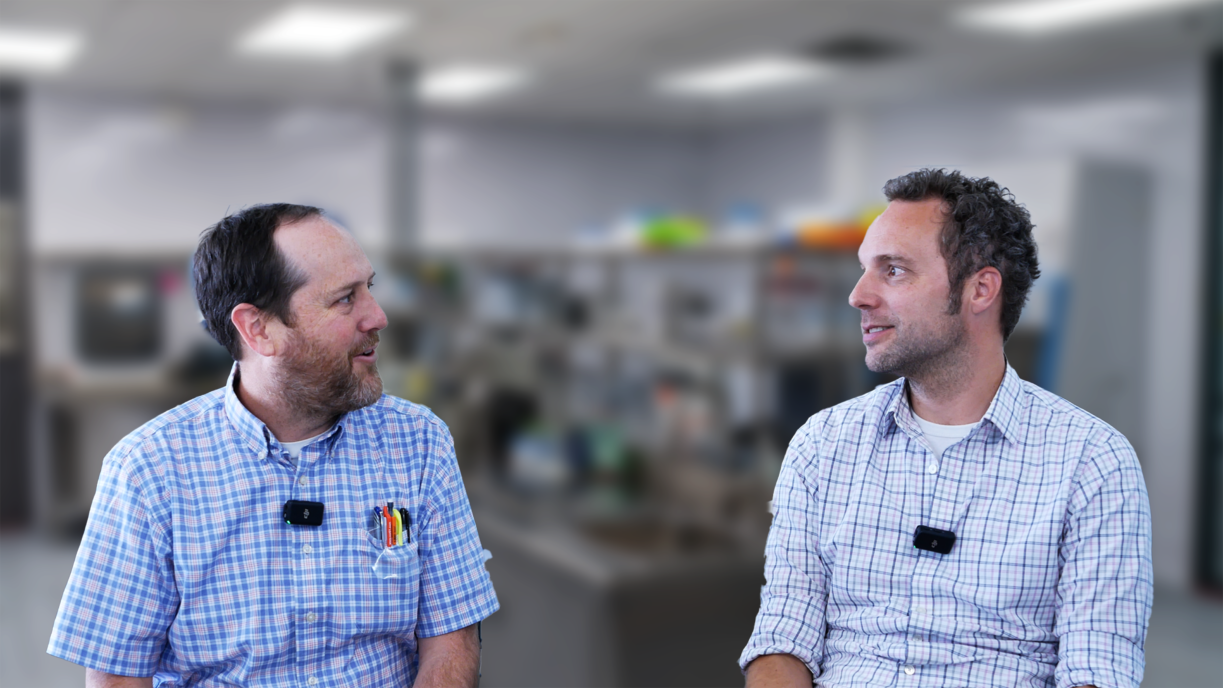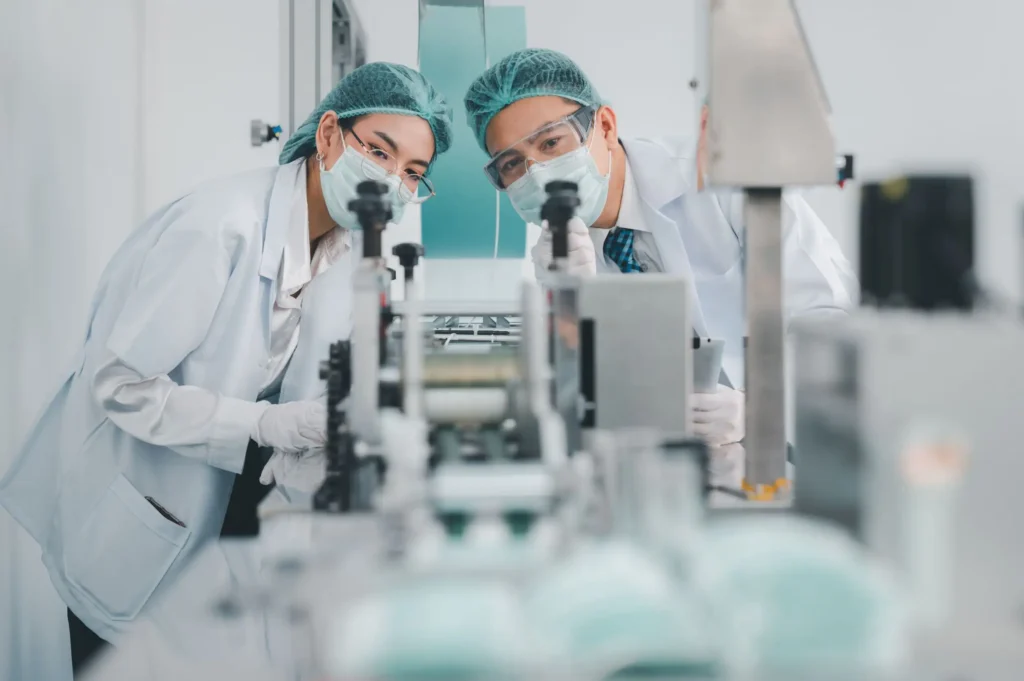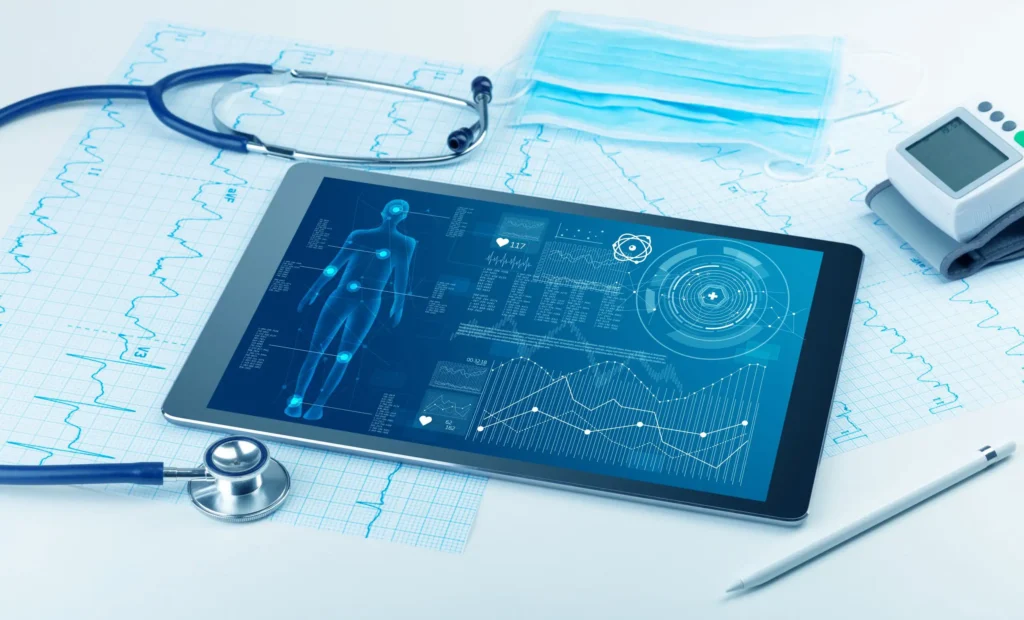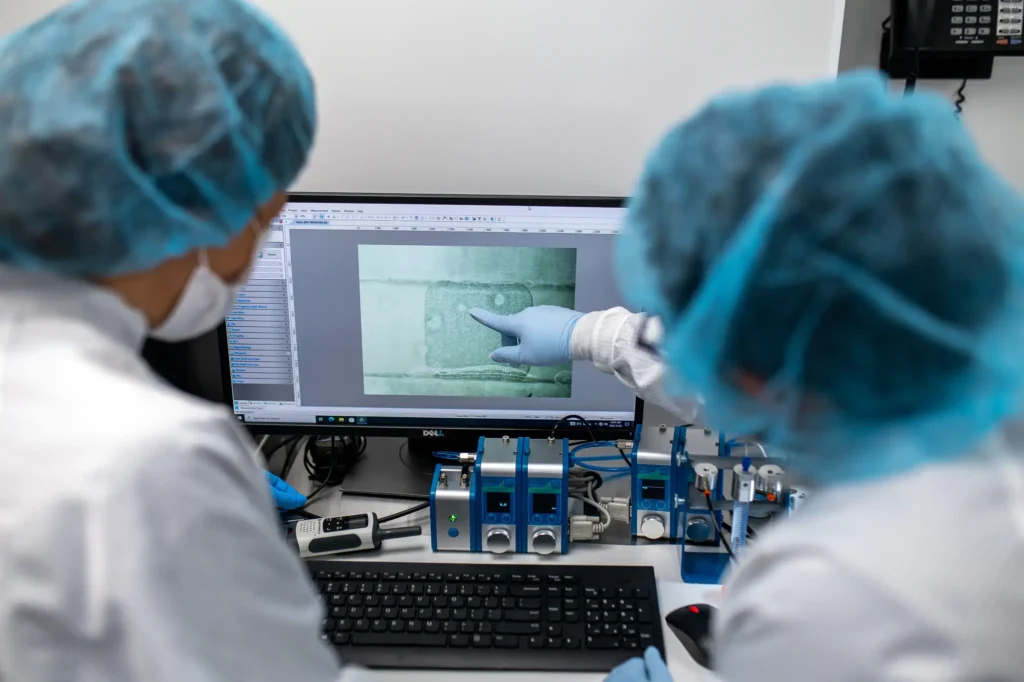
Bio Break: Groundbreaking Discoveries in Infectious Disease
In this episode of Bio Break, Nick shares one of his favorite discoveries in the world of infectious disease research — the groundbreaking discovery of Helicobacter pylori and its role in causing peptic ulcers. This fascinating story showcases how persistence, scientific curiosity, and innovative thinking can lead to discoveries that reshape medical science.
The discovery of Helicobacter pylori dates back to the 1980s, when Australian physicians Barry Marshall and Robin Warren suspected that stomach ulcers were not caused by stress or spicy foods, as commonly believed, but by a bacterium. Through determination and clever research, they identified Helicobacter pylori — a gram-negative, spiral-shaped bacterium — as the culprit. Their discovery wasn’t without challenges. Early laboratory cultures of patient swabs yielded no growth, as H. pylori requires low-oxygen environments and longer incubation periods to grow. It was only after a fortunate weekend delay that colonies finally appeared, changing the course of the study.
Nick recounts how, to prove their theory, Barry Marshall famously ingested a pure culture of H. pylori. This led to him developing gastritis and an ulcer, definitively proving the bacteria’s role. Thankfully, he treated the infection with antibiotics, validating the hypothesis and demonstrating that ulcers could be cured through antimicrobial therapy rather than solely through lifestyle changes.
This discovery revolutionized gastroenterology and earned Marshall and Warren the Nobel Prize in Physiology or Medicine in 2005. In this video, Nick and Joris highlight not only the scientific process behind the discovery but also the risks and innovation that make research in infectious diseases so exciting.
If you’re fascinated by microbiology, medical device development, and real-world medical breakthroughs, this story of discovery is one you won’t want to miss.
Groundbreaking Discoveries in Infectious Disease
For Startups or Founders developing a device that incorporates novel technology or is like nothing else, the FDA breakthrough medical device program may be the best regulatory option. Learn more.
Related Resources

For manufacturers of novel devices that can make a significant impact to patient health, the goal of the program is to offer a path to streamlined and potentially faster market entry without sacrificing the rigour around ensuring safety and performance.

When I was starting out in medical devices, the discussion focused on the possibility of an internet of things and the promise of “big data” about everything.

With the release of ISO 14644-5:2025, Cleanrooms and associated controlled environments, Part 5: Operations, the standard places increased emphasis on operational discipline, human factors, and contamination control behaviour.

This article outlines the core elements of the PCCP framework, the types of modifications it applies to, and how the FDA expects manufacturers to use it in practice.
